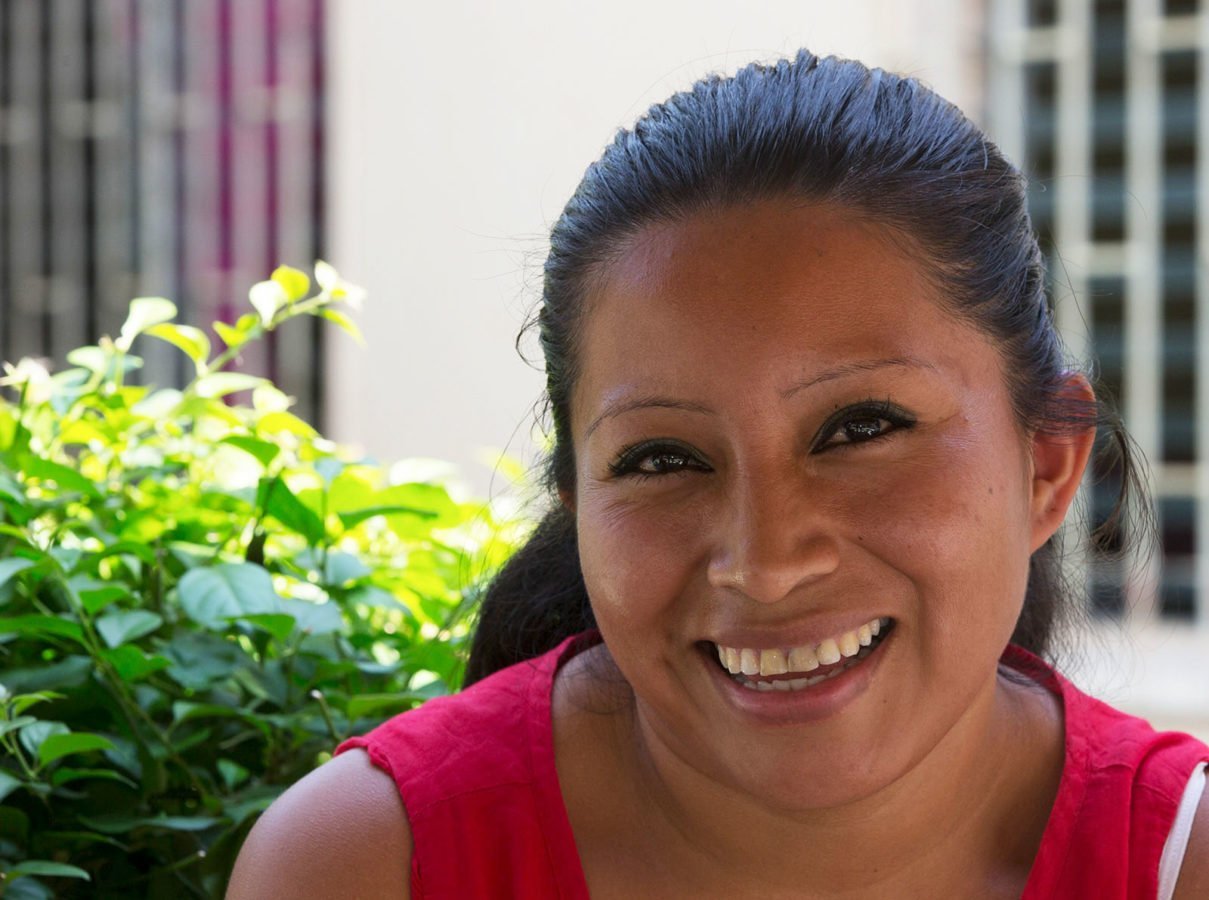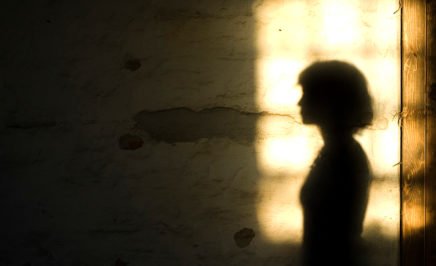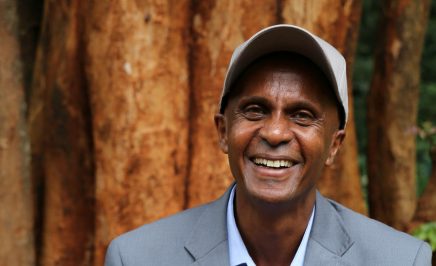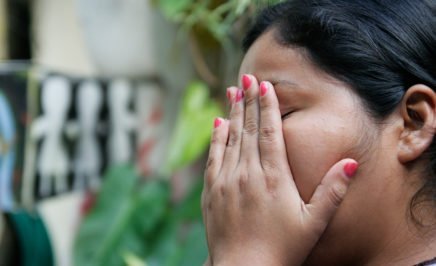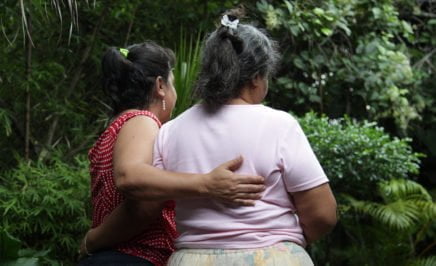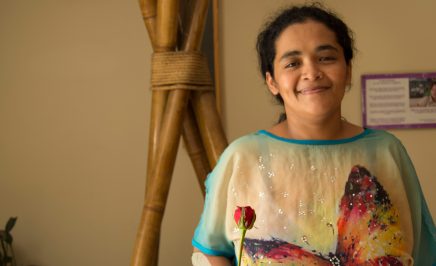Teodora del Carmen Vásquez was released from prison in El Salvador on 15 February, after a court reduced her sentence. Teodora suffered a stillbirth and was sentenced to 30 years for ‘aggravated homicide’ under strict anti-abortion laws. She spent over a decade behind bars.
What happened?
Teodora was at work when she began to suffer intense pain and started bleeding. She called an ambulance and collapsed shortly after. When she regained consciousness, she said she found herself surrounded by police who accused her of inducing an abortion.
Since her initial trial in 2008, marred with irregularities, she has spent almost a decade in jail.
https://youtu.be/-aB2XoqmO5o
Abortion laws in El Salvador
In 1998, changes to the penal code created a blanket ban on abortion in El Salvador.
These changes made it a criminal offense for women and girls to have an abortion under any circumstances and for anyone to assist women and girls in accessing abortion. This law has deepened existing gender-based discrimination in El Salvador. Women like Teodora who suffer stillbirths and pregnancy complications face a penalty of up to 50 years in prison.
A local organisation, the Citizen’s Group for the Decriminalization of Therapeutic, Ethical and Eugenic Abortion (Agrupación Ciudadana), have worked on the cases of at least 20 women serving prison sentences due to pregnancy complications. Some of these women have served more than 10 years in prison and most are sentenced to 30 years or more. All are women living in poverty and many have struggled to access an adequate legal defence.
Your help makes a difference
Amnesty International Australia supporters and activists took around 30,000 actions for Teodora as part of Write for Rights, our annual letter writing campaign, in 2015. You wrote letters to El Salvador’s Minister of Justice calling for Teodora’s release and women imprisoned for pregnancy-related complications. You also sent letters of solidarity offering support to Teodora. Street artist E.L.K. worked on a mural of Teodora in Bondi Junction.
Local Action Groups continued to call for her freedom throughout 2016 and Amnesty International staff met with the former Minister for Justice Michael Keenan presented him with over 185,000 signatures from Amnesty supporters. During the meeting, the Minister told staff he received many personal letters from Amnesty supporters all around the world.
What next?
The release of Teodora must open the door for an end to El Salvador’s extreme anti-abortion law.
At least 28 women remain imprisoned under the abortion ban, according to women’s human rights organisations in the country. Those punished are largely from poor backgrounds, with little access to education, healthcare and justice. Amnesty found that in the cases the right to a fair trial and equality before the law were violated.
These 28 women should be immediately and unconditionally released. All women in El Salvador should be guaranteed safe and legal access to abortion, at a minimum, when their life or their physical or mental health is at risk or in cases of rape, incest or severe and fatal foetal impairment.
